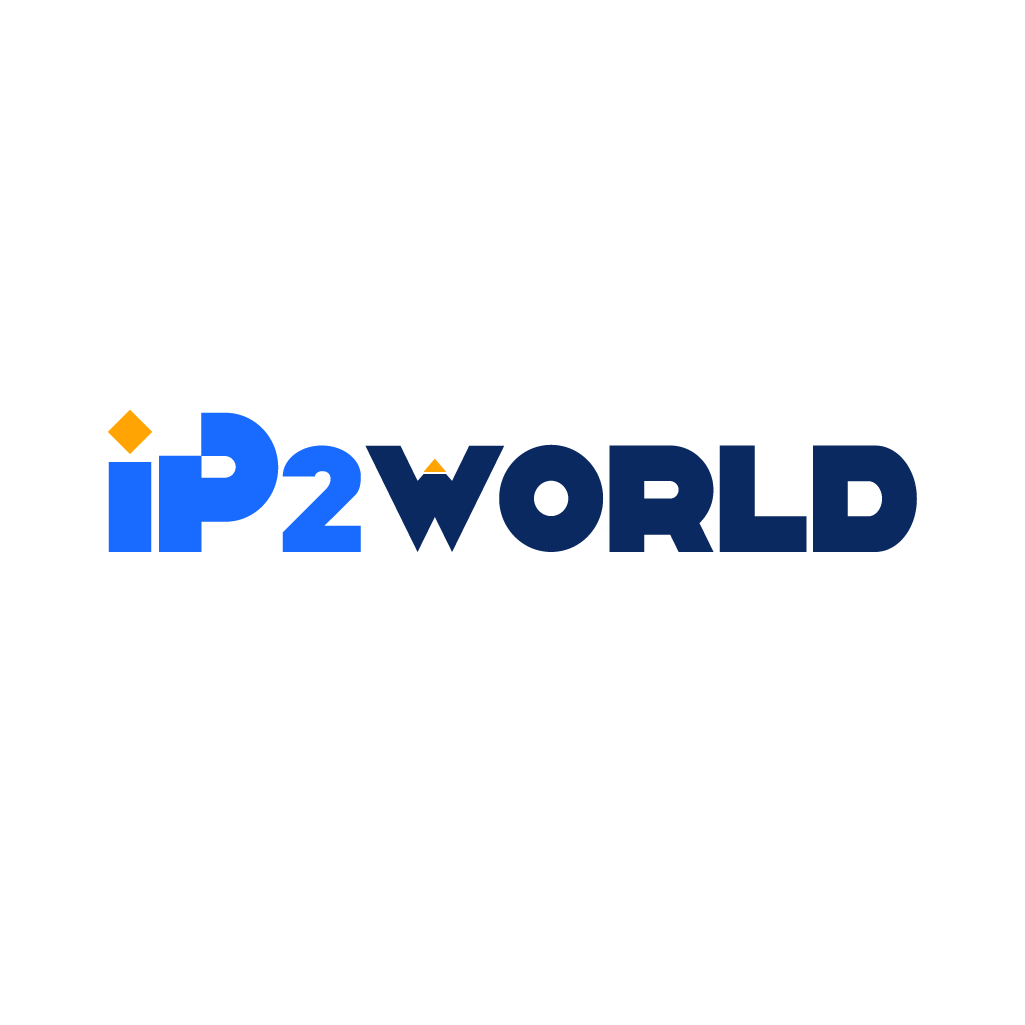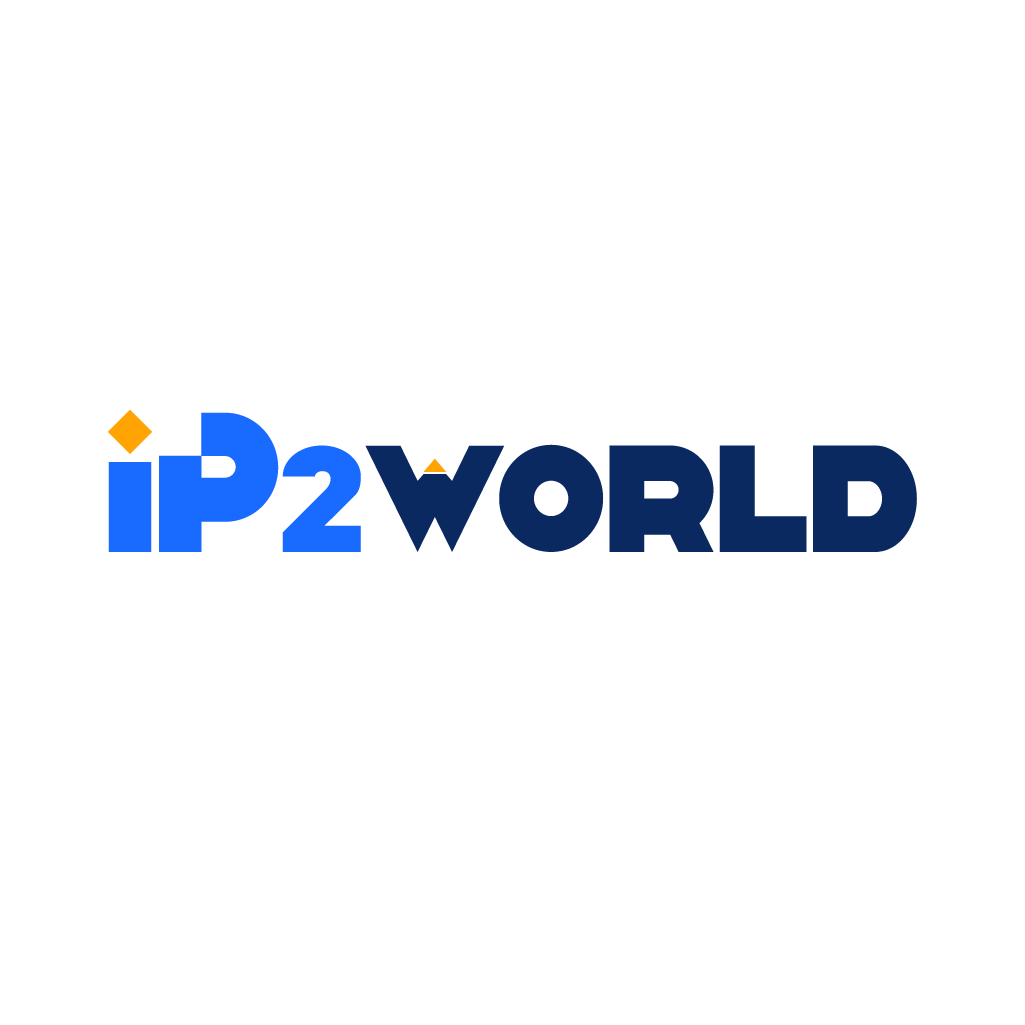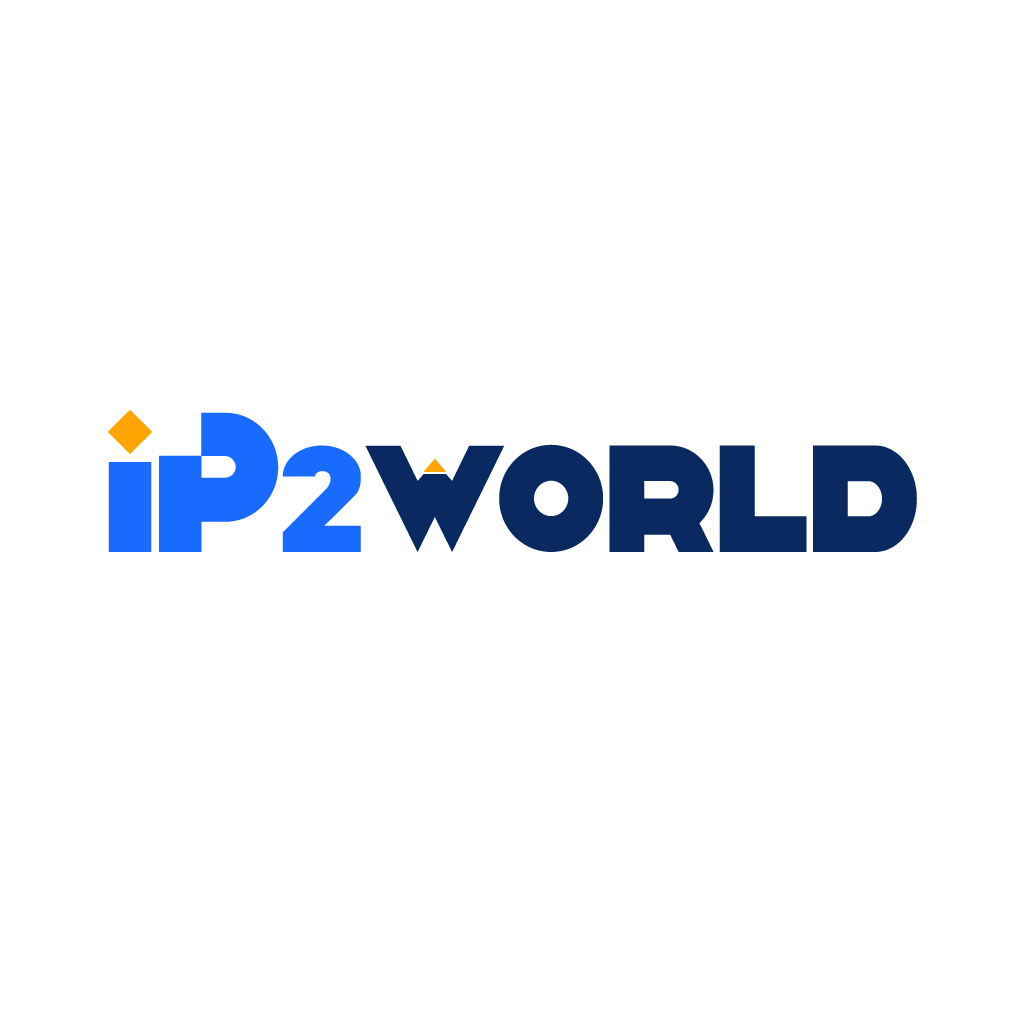Introduction In today's rapidly-evolving financial landscape, understanding and leveraging proxies and automation can be key to maximizing investments, enhancing online security, and accessing essential market data. This article delves into the importance of proxy servers, their potential risks, best practices for their use, and the role they play in collecting stock market data. We also explore how automation can revolutionize the way businesses and organizations gather, analyze, and store financial information. Benefits and Risks of Using Proxy Servers in Finance Benefits 1. Enhanced Security: Proxy servers act as a gateway between users and the internet, providing an additional layer of protection against online threats.2. Access to Restricted Content: Financial institutions may benefit from proxy servers that allow access to geo-restricted or otherwise blocked websites, enabling broader market insights and global reach. Risks 1. Potential Hacking or Compromise: If not properly secured, proxy servers can become a target for hackers, leading to unauthorized access to sensitive financial information.2. Unreliable or Insecure Servers: Using an unreliable proxy server may cause disruptions in financial transactions, impacting business operations.3. Legal and Compliance Issues: Proxies must adhere to various laws and regulations depending on jurisdiction, adding complexity to their use in global financial operations.4. Privacy Concerns: Ensuring the privacy of client's financial information requires robust security measures, failure of which may lead to a loss of trust and potential legal consequences. Best Practices for Using Proxy Servers 1. Use a Secure and Reliable Proxy Server: Always opt for reputable proxy servers that are known for robust security protocols, minimizing the risk of hacking or compromise.2. Use Encryption: Implementing encryption between the client and the proxy server prevents potential interception of sensitive information by malicious entities.3. Monitor and Log Traffic: Regular monitoring helps in early detection of any suspicious activities, while logging provides a historical record for audit and investigation purposes.4. Keep Proxy Server Software Updated: Regular updates ensure that known vulnerabilities are addressed, enhancing overall system security.5. Test the Proxy Server: Regular testing assures that the proxy server is functioning as intended and helps in identifying potential issues before they become critical.6. Use a Reputable Proxy Service Provider: Provider like IP2World, known for its premium services, can provide secure and reliable proxy solutions. Collecting Stock Market Data Using Proxies Main Challenges of Stock Market Data Gathering 1. Volume of Data: The financial markets generate massive amounts of data every second. Handling this immense volume manually is impractical and prone to errors. 2. Speed of Access: Market conditions change rapidly. Delays in accessing real-time data can lead to missed opportunities and inaccurate analyses. 3. Geo-restrictions and Barriers: Many financial data sources impose regional limitations, making it challenging to access specific market information from different parts of the world. 4. Data Authenticity: Ensuring the accuracy and authenticity of financial data is vital. False or outdated information can have severe consequences on investment decisions. 5. Security Concerns: Safeguarding sensitive financial information during collection and transmission is paramount. Any breaches can lead to legal issues and loss of trust. 6. Costs: Manual collection of stock market data is labor-intensive and expensive, particularly when considering the global scope and real-time demands of modern finance. Automation in Stock Market Data Gathering 1. Efficiency and Accuracy: Automation, facilitated by proxies, enables the handling of large volumes of data with precision and efficiency. It reduces the chance of human errors and ensures timely access to vital information. 2. Real-time Monitoring: Automated systems allow continuous monitoring of global financial markets. With the aid of reliable proxies, they provide real-time insights that are crucial for well-informed investment decisions. 3. Overcoming Geo-restrictions: Proxies enable automated systems to bypass regional limitations, granting access to specific markets and diverse insights, regardless of location. 4. Enhanced Security: Automation, combined with secure proxy connections, ensures the secure transmission of sensitive financial information. Encrypted connections and reputable proxy services contribute to robust security measures. 5. Cost Reduction: Automated data gathering minimizes the labor and time costs associated with manual collection. Using proxies to access various markets around the globe further enhances cost-effectiveness. 6. Scalability: As the business grows, automated systems can easily scale to meet increased demands for data collection and analysis. Proxies provide the flexibility to expand reach and adapt to changing market conditions. Conclusion Collecting stock market data is a complex task, presenting significant challenges in terms of volume, speed, authenticity, security, and costs. Proxies play an essential role in overcoming these challenges by facilitating automation, a crucial tool in today's ever-changing financial landscape. Finance and proxy servers are interconnected realms that offer numerous benefits to investors, businesses, and individuals. The combination of automation and proxies provides financial institutions and investors with the tools they need to stay ahead in the competitive world of finance. Automated systems enable efficient and accurate data collection, real-time monitoring, overcoming geo-restrictions, enhanced security, cost reduction, and scalability. Leveraging proxy servers in financial transactions requires careful consideration of the risks and adherence to best practices. The utilization of reputable proxy services, such as those offered by IP2World, ensures a seamless collection of stock market data, fostering better investment decisions. Automation adds another layer of efficiency and precision, allowing organizations to thrive in the complex global economy. By recognizing the power of proxies and automation, one can harness technology's full potential to drive growth and innovation in the financial sector. Whether you are an individual investor or a global corporation, understanding these aspects will position you ahead of the curve in a competitive market landscape, making informed decisions based on accurate, timely, and global insights.
2023-08-22




